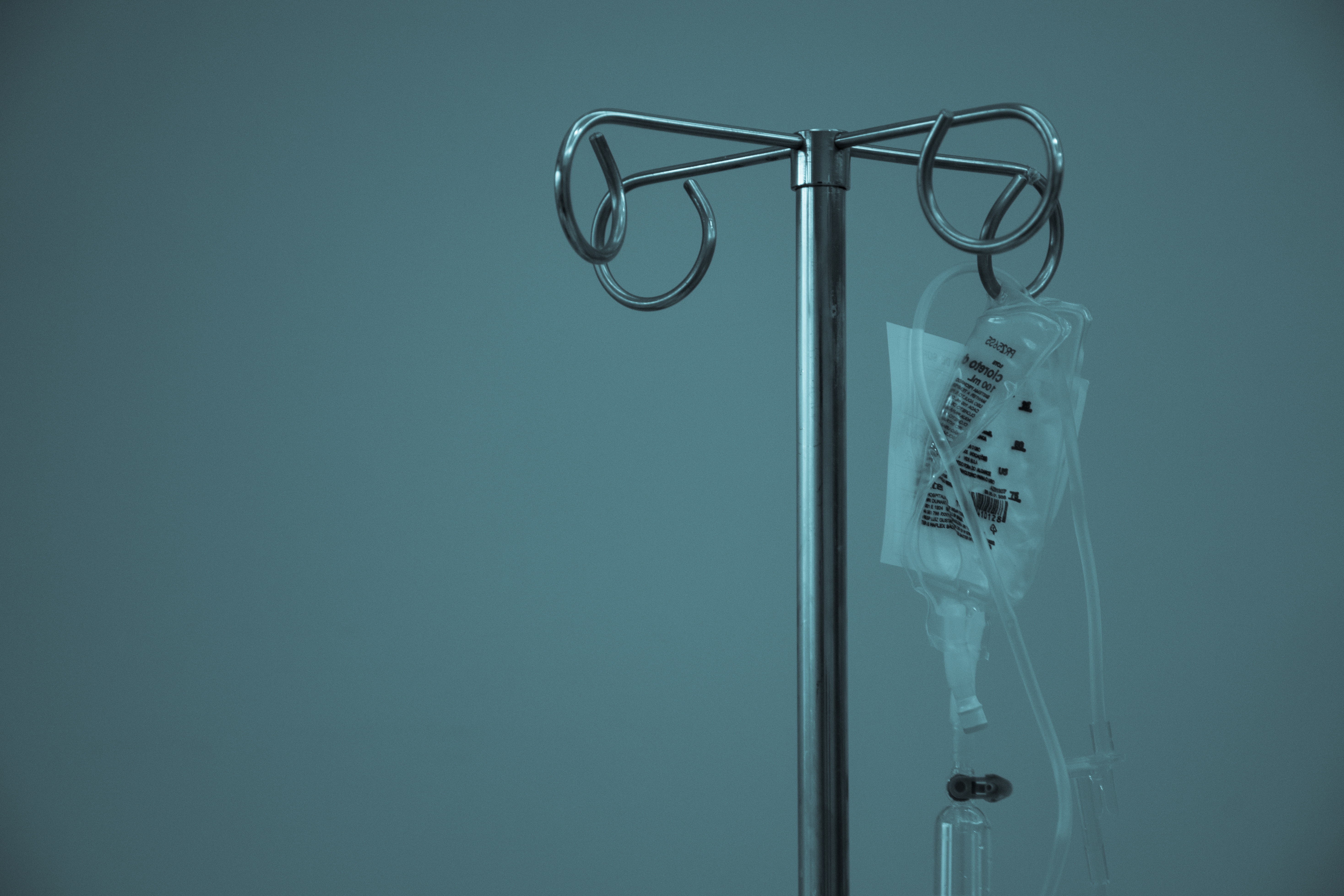What defines the necessity for a drug intervention? When an individual is seriously addicted to a substance to the point of abuse, to the point that they cannot control themselves, it’s time for a drug intervention.
Are There Points When a Drug Intervention is Not Needed?
It’s very rare for someone to look at themselves in the mirror, and realize their addiction is ruining their life before it’s too late. Drugs overtake an individual’s mind, making them think about one thing, and one thing only: getting their hands on their substance of choice.
It’s very rare for someone to not require intervention services of some kind, specifically with drugs. With alcohol abuse, it’s more common for someone to take matters into their own hands. When you’re dealing with addictive drugs, it overtakes the addict completely.
How Can Intervention Services Help my Loved One?
Staging an intervention on your own isn’t the best option. Many people think back to family-run interventions on the popular MTV television show, which painted an unrealistic setting and didn’t properly depict the emotions and planning that go into an intervention.
With the help of an intervention, your loved one can achieve the results they need to bring their life back on track. A negative intervention that goes awry and improperly exposes emotions or brings about aggravated conversations, however, will do nothing but ruin their chances at seeing the light.
What Happens With a Failed Drug Intervention?
Your loved one may run off, and may use their drug of choice as a way of knowing they are “in control” of their own life, which is a gross understatement. In most instances, a failed intervention can leave your loved ones stranded in negative spaces for days on end before they return home, or they may run off altogether.
A properly planned intervention by a specialist is the most viable route to achieve the desired results. If you’re considering staging an intervention on your own, it’s time to second guess that decision.
How an Interventionist Helps
If you’re experiencing doubt or dread, you’re not alone – everyone, when they want to help their loved one, experiences the exact same thing. It’s difficult to plan everything on your own, especially when there are so many personal emotional ties to the situation at hand.
With an interventionist, a third-party perspective, there is a solid, clear goal in mind. They wish to help the addict come to terms with the necessary actions involving rehabilitation, all while providing a safe space with the lowest likely chance of an individual running away or feeling cornered.
Nobody will respond to negative emotional lectures or otherwise “harsh” words that are said to them. This is where scripting, planning, and the proper circle of friends and family members all come into play, which is difficult to plan on your own. When emotions are on high, you need professional services to help you out.




Leave a Reply